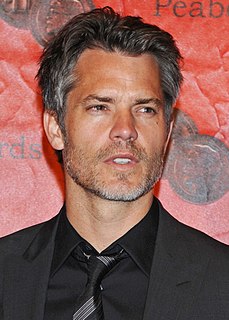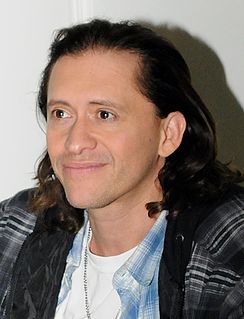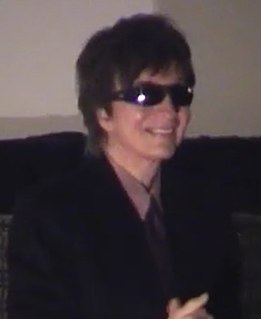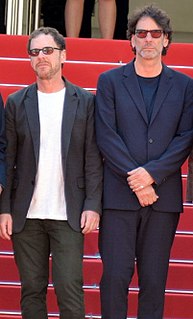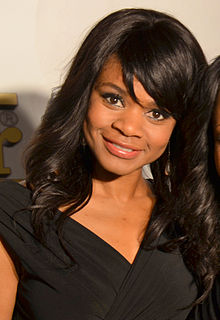A Quote by Dennis Farina
I'd love to do a Western. A real Western like John Ford used to do. There's not too many of them made, so I don't know if I'll ever get to do that. They're awfully hard movies to make.
Related Quotes
I don't like my movies. I prefer John Ford's movies. I've made some movies that are interesting, or that have some point, or are more or less beautiful. But I've never made anything big to me, from my point of view. "Big" like John Ford or someone of that kind. I say John Ford because he is my favorite director.
I love researching, whether it's old Western documentaries or old Western country singers or John Ford Westerns, which are heavily influenced by family values, which so many of these country songs are related to. I'm having a good time doing that, and writing some treatments and hoping to bring a new style of music video to the country genre, that is starting to become very poppy.
In a traditional Western there's always the bravado, and it's almost like they're winking that they know they're in a Western - "Look how good I can spin my gun." In real life, when the bad guy kills somebody, or they're bad guy friend gets killed, they're upset, too, which is not typical in Westerns.
No civilisation, not even that of ancient Greece, has ever undergone such a continuous and profound process of change as Western Europe has done during the last 900 years. It is impossible to explain this fact in purely economic terms by a materialistic interpretation of history. The principle of change has been a spiritual one and the progress of Western civilisation is intimately related to the dynamic ethos of Western Christianity, which has gradually made Western man conscious of his moral responsibility and his duty to change the world.


